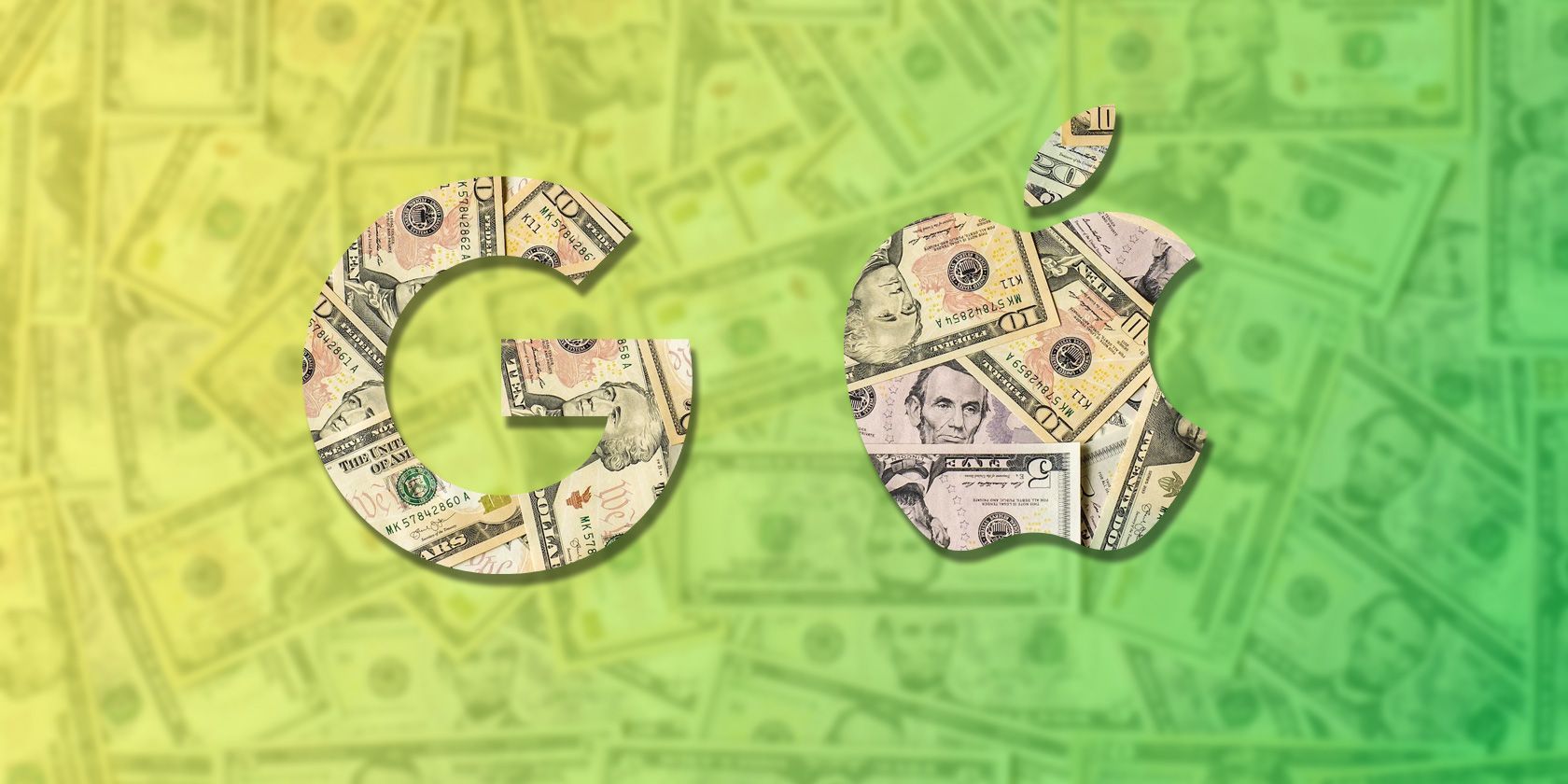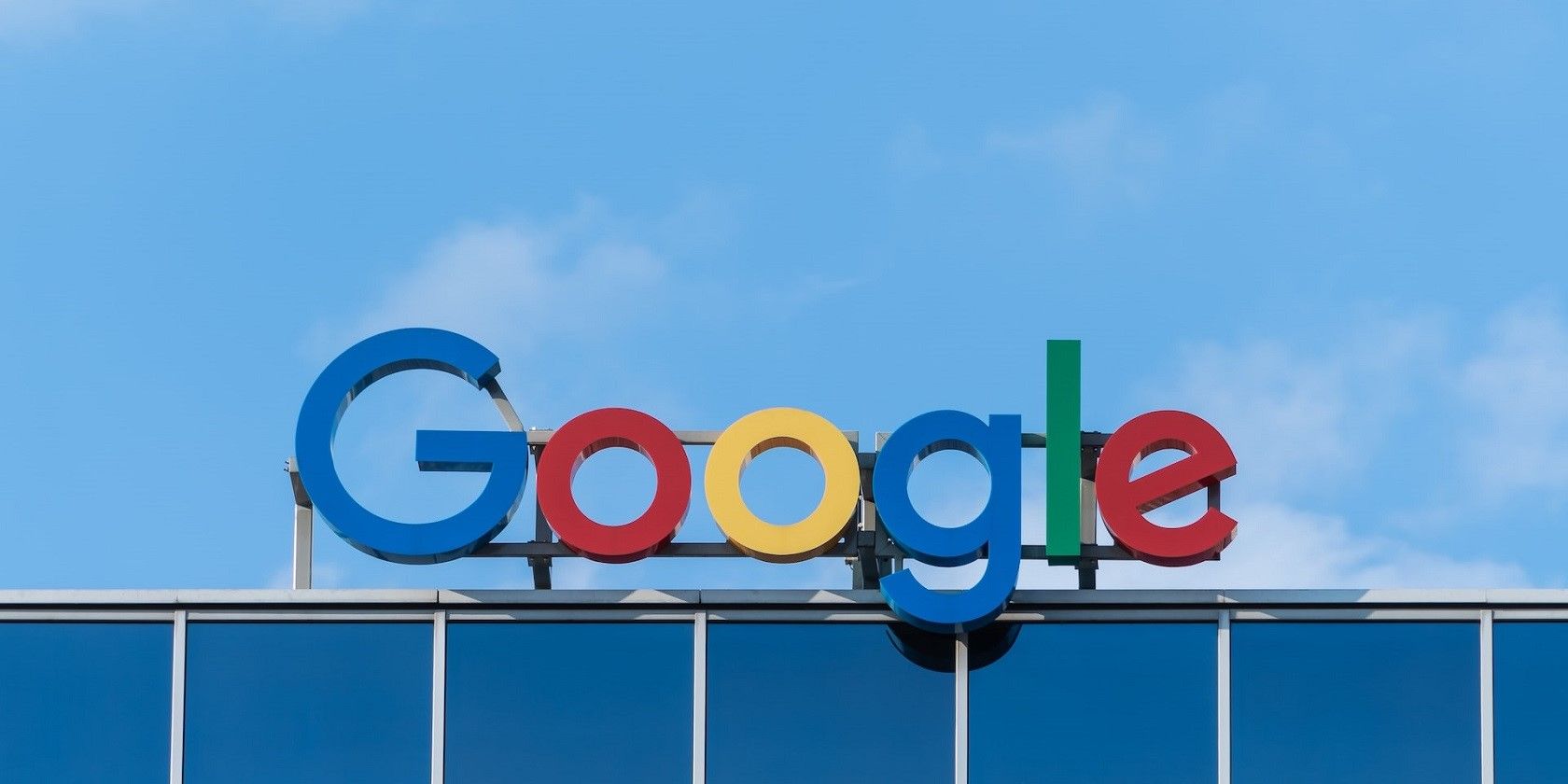You don't need to be an expert to know that Apple and Google are fierce rivals. While Apple is the world's most valuable company, Google controls Android, the world's most dominant operating system across the board.
Not to mention that many Google apps and services like Google Search, Google Maps, Gmail, and YouTube lie at the heart of modern life. But unknown to many, Google pays a hefty price to remain as competitive as it is, especially in the US. Let's uncover the full story.
Why Apple and Google Need Each Other
When searching for something on the internet, most of us have grown accustomed to just "googling" it. Almost no one changes the default search engine to Bing or DuckDuckGo, for example. So, it's no wonder that Google has more than 90% share in the global search engine market (via StatCounter), essentially making it a monopoly.
No matter which phone you use, iPhone or Samsung or any other, you can rest assured that all your web browsing will be done via Google Search. And this isn't surprising knowing Search is Google's flagship product and advertising is the company's primary source of income.
Since Google owns the Android OS, it's obvious why Search comes set as the default search engine on Android phones. But how come it's the default on the Safari browser on iPhones, iPads, and MacBooks as well? It's not like Apple decided to use it out of love towards Google.
Turns out, Google pays Apple billions of dollars every year to remain the default search engine on all Apple devices. How much, exactly? In 2020, this figure was estimated to be between $8–$12 billion, as reported by The Wall Street Journal. According to a Forbes report, this figure neared $15 billion in 2021 and was projected to reach $18–$20 billion in 2022.
Clearly, this is one of the biggest partnerships in the tech industry, and Google is ready to pay a hefty sum to maintain its monopoly status in the search engine market.
Keep in mind that Apple controls about half of the entire smartphone and tablet market in North America. If it were to switch the default search engine to Bing on Apple devices, Google would immediately lose hundreds of millions of users, severely affecting its ads business.
You could argue that people can just change the search engine to Google in the settings, so it's not a big deal. But the fact is that most people aren't tech-savvy and tend to use the default settings for pretty much everything on their phones and other devices.
How Apple Can Benefit From the Google-Bing Search War
Here's where it gets really interesting: although Apple doesn't have its own search engine, it can still capitalize on the rise of AI-powered search engines. Given the explosive popularity of AI chatbots like ChatGPT, Microsoft and Google are now integrating AI assistants into their search engines to kickstart the next generation of web search.
We won't go into all the hot gossip about whether AI-powered Bing can beat Google. But in the words of Microsoft CEO Satya Nadella, it definitely "made them dance," which is to say that Microsoft's sudden and aggressive adoption of AI search caught Google off guard.
If people are more likely to give Bing a shot, Apple can take advantage of this opportunity by forcing Google to up the ante and pay even more royalties. And if denied, Microsoft would happily outbid Google and make Bing the default search engine on all Apple devices—supercharging its adoption.
Google Is Walking a Tightrope
In a way, this billion-dollar deal acts as a peace treaty between Apple and Google, but the iPhone maker recognizes the vulnerable position Google is in and is not afraid to capitalize on it. If Apple keeps making more royalties, it can invest more in R&D and get more Apple products into people's hands—further accelerating its leverage over Google.
It's fascinating to see that what we assume to be the norm is actually the result of some very clever business decisions made behind the scenes. The partnership between Apple and Google is one of many in the tech industry, and there's more to explore if it interests you.



